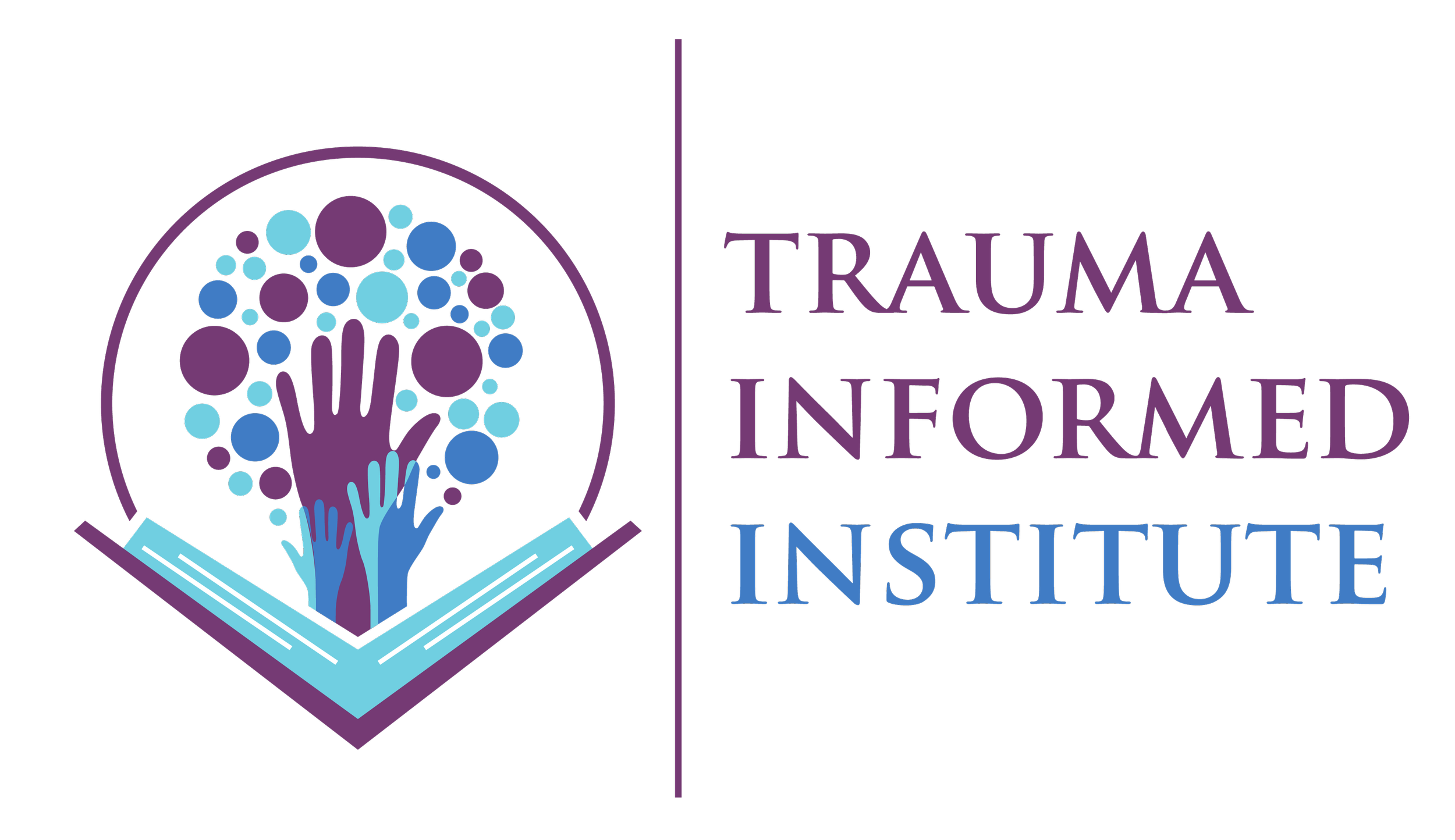TRAUMA-INFORMED GUIDING PRINCIPLE #2: SAFETYTrustworthiness & Transparency
Trauma-informed approaches to the workplace are becoming increasingly important in today's business environment. Trauma-informed practices recognize that traumatic experiences can have a profound impact on an individual's ability to form and maintain healthy relationships, both professionally and personally. Recognizing the importance of appropriately responding to the effects of trauma is important and it’s even more critical to understand how to mitigate it. Trauma-informed workplaces strive to create an atmosphere of safety, respect, understanding, and support for employees who may be struggling with the effects of trauma or other mental health issues. By implementing these strategies, employers can foster stronger working relationships between colleagues while also creating a more productive work culture overall. In this blog post, we will discuss how organizations can build trustworthiness and practice transparency (a guiding principle from SAMHA) through trauma-informed practices in the workplace.
First, employers should strive to create a culture of acceptance and understanding. Trauma can manifest itself in various ways and it is important for organizations to recognize that no two people respond the same way to traumatic events or situations. By creating an environment where everyone feels comfortable and accepted, employees are more likely to open up about their history or struggles and seek the support they need.
Organizations should also strive to create a safe environment in the workplace. Trauma can cause individuals to feel unsafe and vulnerable, so it is important for employers to be mindful of this when creating policies and procedures that could activate feelings of fear or insecurity. Employers should implement measures such as providing regular training sessions to educate employees on how to recognize signs of trauma or distress in their coworkers and how to properly respond. Additionally, employers should ensure that all harassment policies are clearly outlined and enforced.
Finally, employers should strive to foster a culture of trust and support within the workplace. Trauma can cause individuals to feel isolated, so it is important for employers to create an atmosphere where employees feel comfortable reaching out and speaking up when they need help. This can be accomplished through regular check-ins with staff, providing access to employee assistance programs and mental health services, and encouraging open dialogue about workplace challenges. Trauma-informed organizations also recognize that trustworthiness and transparency is a two-way street – not only should the organization trust and be transparent with its employees; employees should feel empowered to do the same without fear of shame, penalty, or retaliation. Employers can increase trustworthiness and transparency by implementing clear expectations for performance and conduct as well as providing and requesting feedback often.
By creating an environment of understanding, safety, and trust, employers can foster a strong sense of workplace trustworthiness and transparency that will benefit their organization and employees. Employers have much to gain by taking the necessary steps to ensure that their organizations become trauma-informed and supportive for all employees.
*This blog post was written as an informational piece on Trauma-Informed approaches to workplace trustworthiness, and should not be used as professional advice. If you or someone you know is experiencing trauma or mental health issues, please reach out to a qualified mental health professional for assistance.*

